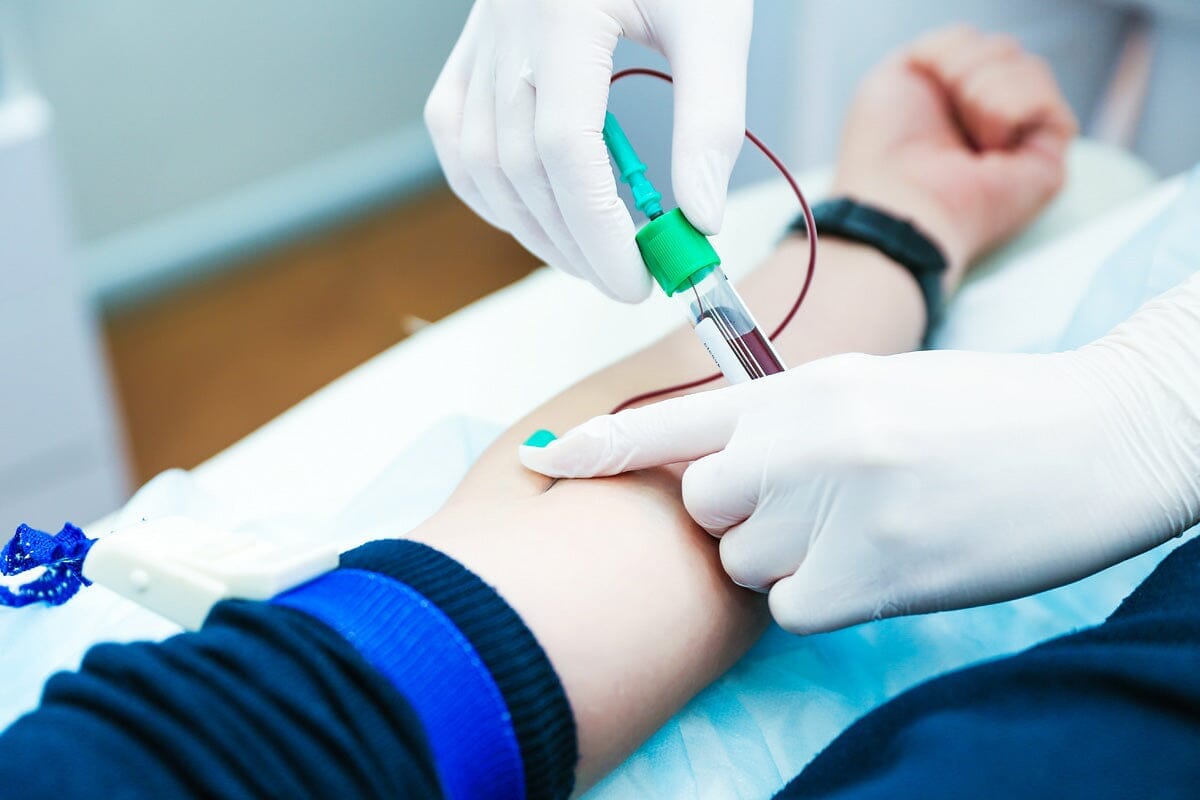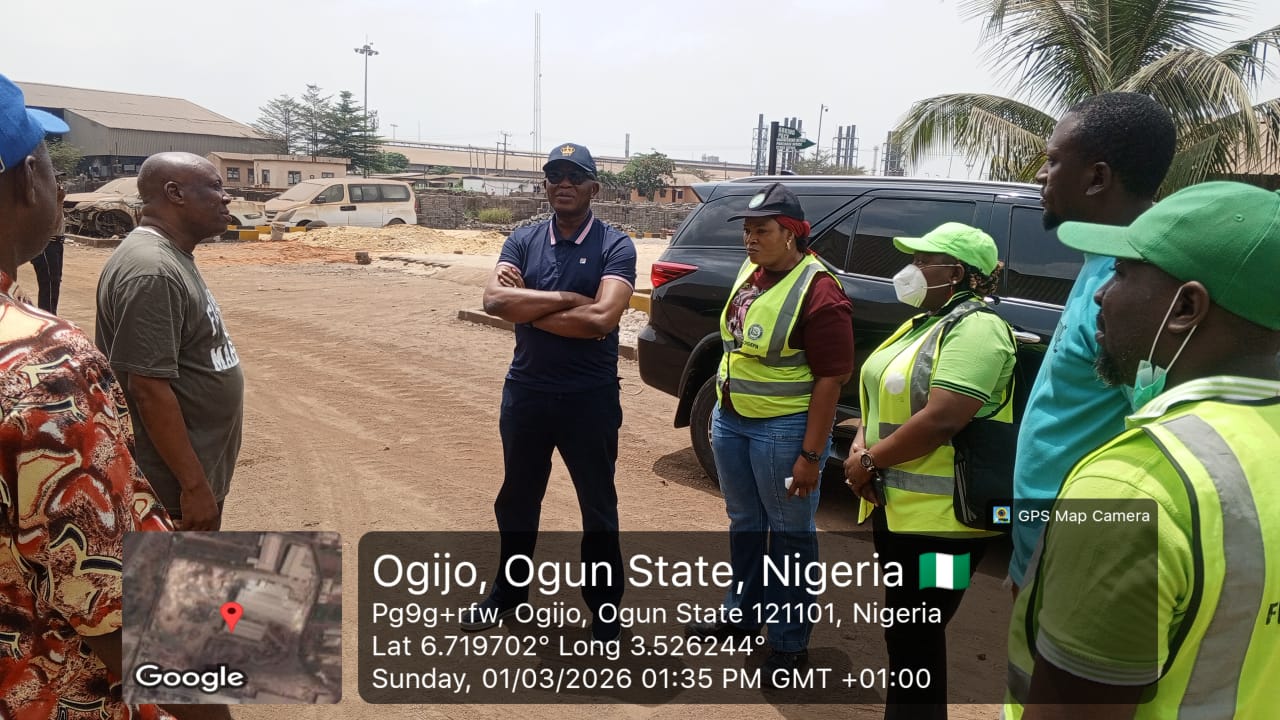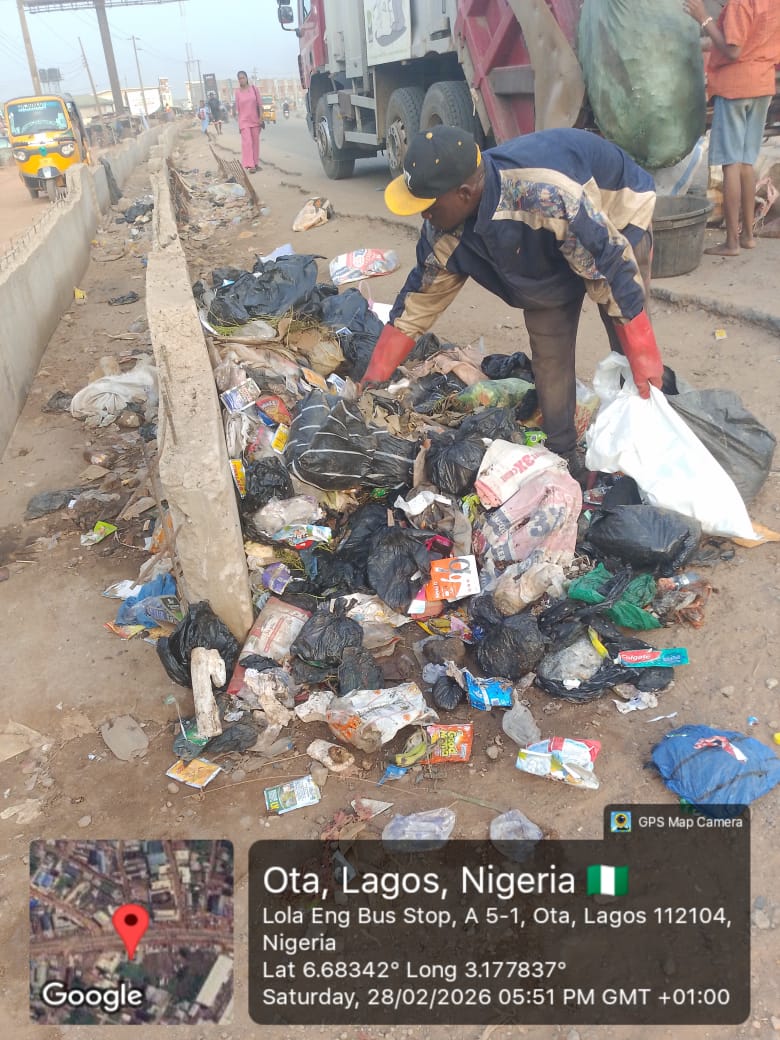Simple Blood Test Offers Hope for Detecting 50 Cancers Early

A revolutionary blood test that can detect signs of more than 50 types of cancer has delivered groundbreaking results in a major clinical trial, sparking Global excitement about its potential to transform early diagnosis and save millions of lives.
Developed by U.S. Biotechnology company GRAIL, the test — known as Galleri — was evaluated in the large-scale PATHFINDER 2 study involving more than 35,000 adults aged 50 and above with no known history of cancer.
The results, released this week, revealed that the test detected cancer signals in nearly one percent of participants, with over 60 percent of those later confirmed to have cancer.
Researchers said the test accurately identified both the type of cancer and its origin in about 92 percent of confirmed cases.
Even more encouraging was the discovery that over half of these cancers were found at early stages, when treatment is most effective.
With a specificity rate of 99.6 percent — meaning very few false positives — experts are calling the Galleri test one of the most precise blood-based cancer detection tools yet developed.
Scientists found that adding the Galleri test to existing screenings for breast, cervical, colorectal, and lung cancers increased the total number of cancers detected more than sevenfold.
Importantly, many of the cancers identified in the trial — including pancreatic, liver, and head and neck cancers — currently have no standard screening methods, making this advancement especially significant.
However, experts have warned that while the results are promising, the test is not a replacement for established screening programmes.
The study showed that the test’s sensitivity — its ability to catch all existing cancers — was about 40 percent, meaning it still missed more than half of cases.
In addition, nearly four in ten positive signals did not result in a confirmed diagnosis, underscoring the need for continued research to reduce false positives and refine its accuracy.
Dr. Harpal Kumar, President of GRAIL Europe, described the findings as a major step forward. “Early detection has always been the key to improving survival.
The Galleri test represents a new frontier in cancer care — a way to find cancers before symptoms appear,” he said.
Experts across the medical world believe this innovation could soon become a standard part of routine health checks, particularly for adults aged 50 and older.
If adopted widely, it could revolutionise how cancers are found, leading to earlier treatment and better outcomes.
In Africa and other developing regions, where cancer is often diagnosed late due to limited screening and awareness, the Galleri test could be a game changer.
Dr. Ifeoma Adesanya of the African Cancer Foundation said the breakthrough could drastically improve survival rates — but only if access, affordability, and follow-up care are prioritised.
“It’s not enough to detect cancer early; we must also ensure patients have access to proper diagnosis and treatment facilities,” she said.
Though still under evaluation, the Galleri test signals a hopeful future — one where a single blood draw could detect dozens of cancers before they become life-threatening.
As scientists continue to refine the technology, many see it as the dawn of a new era in global cancer prevention.



